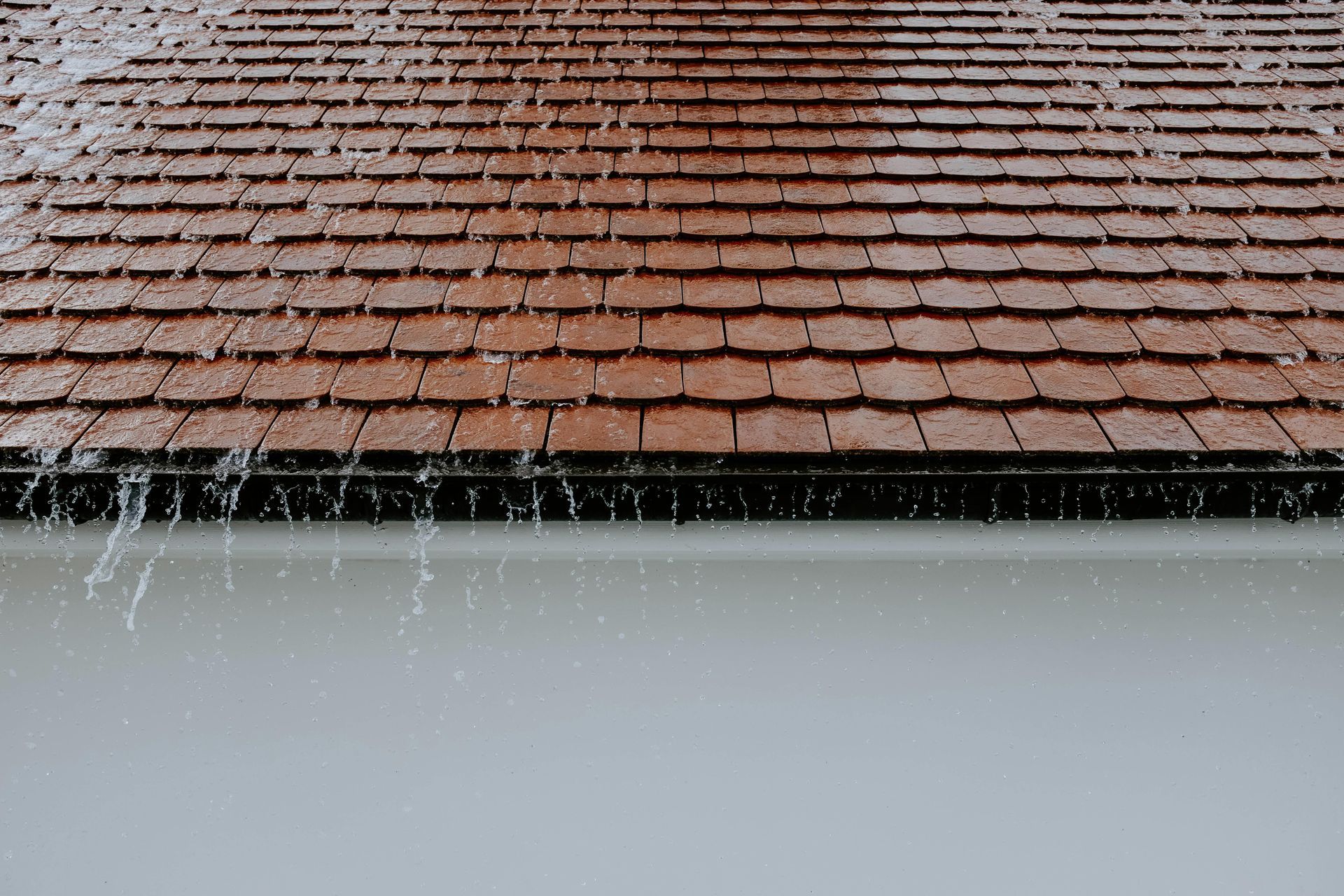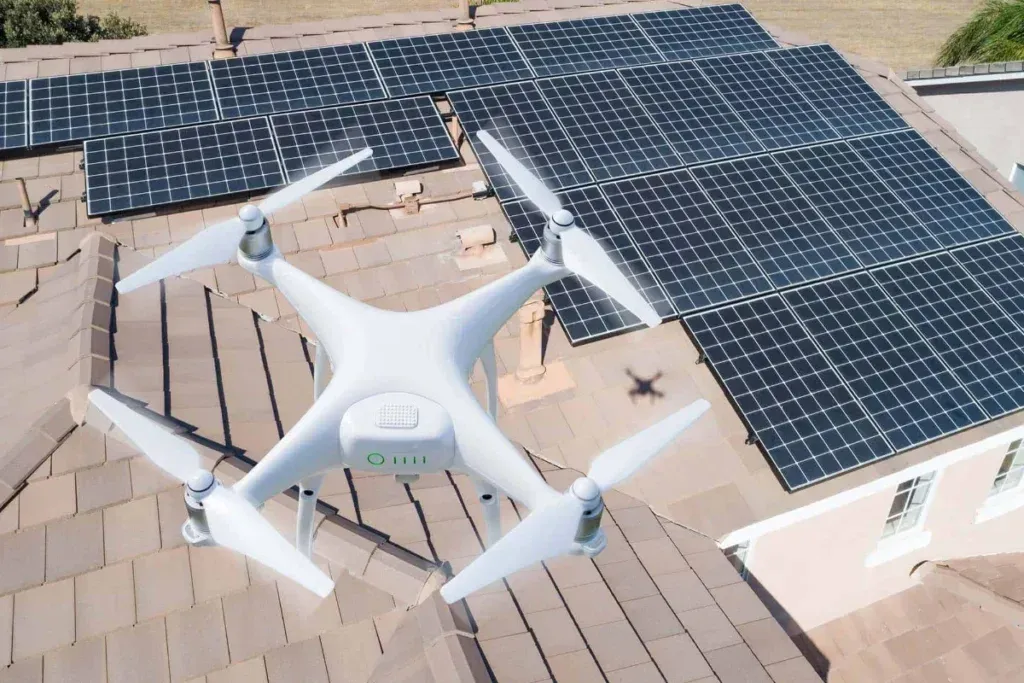Roofing in Camp Springs, MD: Essential Services and Considerations for Homeowners
Roofing in Camp Springs, MD, is an essential service for homeowners due to the area's climate and its proximity to Washington, D.C. Camp Springs, an unincorporated area in Prince George's County, experiences a humid subtropical climate with hot, humid summers and mild to cool winters. These varying weather patterns, combined with seasonal storms, can significantly affect roofing systems, making it crucial to choose durable materials and skilled contractors who understand the local environment. The region's weather, economy, and demographics play a key role in roofing decisions and maintenance practices.

Understanding Camp Springs' Climate and Weather Patterns
Camp Springs, like much of the Washington, D.C. metropolitan area, is subject to a humid subtropical climate. The average summer temperatures in the area often exceed 85°F, with high humidity that can accelerate wear on roofing materials. Winter temperatures are typically mild, ranging from 30°F to 50°F, though occasional snowfall and freezing rain can occur, potentially causing damage to roofs if not properly maintained.
The region also experiences periodic storms, including thunderstorms, hurricanes, and nor'easters, which can bring heavy rain and strong winds. These conditions can lead to issues like shingle loss, leaks, and water damage, necessitating reliable and durable roofing materials that can withstand such harsh elements. The proximity to Joint Base Andrews also exposes the community to frequent heavy air traffic, which sometimes causes additional wear and tear on the roofing structures of local homes and businesses.
Roofing Materials and Options in Camp Springs
Roofing materials in Camp Springs should be selected based on their ability to endure local weather conditions. Several roofing materials are commonly used in the area, each offering distinct advantages depending on the homeowner's priorities, such as budget, longevity, and aesthetics.
- Asphalt Shingles: Asphalt shingles remain one of the most popular roofing materials in Camp Springs. These shingles are affordable, easy to install, and provide reliable protection for homes against the elements. They typically last 20 to 30 years with proper maintenance. Asphalt shingles are ideal for homeowners looking for a balance of cost-effectiveness and durability, particularly for the region's hot, humid summers and occasional winter storms.
- Metal Roofing: Metal roofing is increasingly popular in Camp Springs due to its durability and energy efficiency. Metal roofing can last upwards of 50 years and is highly resistant to extreme weather conditions, including high winds, heavy rain, and snow. This material reflects solar heat, which is beneficial in reducing cooling costs during hot summers. Metal roofing is a great choice for homeowners seeking a long-term solution with minimal maintenance.
- Clay Tiles: For homeowners seeking a more traditional or aesthetic appeal, clay tiles are an excellent choice. These roofs are highly durable and resistant to the elements, lasting 50 years or more with proper maintenance. Clay tiles are especially suitable for homeowners in Camp Springs who prioritize longevity and architectural style.
- Slate Roofing: Slate roofs offer unmatched elegance and longevity. Slate is known for its ability to withstand the harshest weather conditions, including extreme heat, heavy rainfall, and freezing temperatures. A slate roof can last over 100 years with minimal maintenance, making it a worthwhile investment for homeowners who want a durable, high-end roofing solution.

Roof Maintenance and Repair Services in Camp Springs
Proper roof maintenance and timely repairs are essential for homeowners in Camp Springs to ensure the longevity and integrity of their roofing systems. Regular roof inspections and upkeep are necessary to address issues before they escalate into costly repairs. Professional roofing companies near me offer a range of services to help homeowners maintain their roofs and keep them in top condition.
Choosing Roofing Contractors Near Me
When selecting a roofing contractor in Camp Springs, homeowners should prioritize professionals with a strong reputation and relevant experience. Key factors to consider include:
- Licensing and Insurance: Ensure the contractor is fully licensed and insured. This protects homeowners from liability in case of accidents or damage during the roofing project. Working with a licensed contractor also ensures that the work complies with local building codes and regulations.
- Experience and Reputation: Homeowners should look for contractors who have been in business for several years and have a proven track record of high-quality work. Reading reviews and asking for references can help homeowners gauge the contractor's reliability and customer service.
- Quality of Materials: A reputable contractor should use high-quality materials that are suited to the local climate. For instance, in Camp Springs, materials like asphalt shingles, metal roofing, and slate are popular choices due to their durability in the region's weather.
- Roofing Services Offered: Roofers near me offer a range of services beyond installation and repairs, including roof inspections, maintenance, gutter installation, and ventilation solutions. It's important to choose a contractor who offers a comprehensive service package that meets all of the homeowner’s needs.
Protecting Your Camp Springs Home with Expert Roofing Services
Roofing in Camp Springs, MD, is a vital service that ensures the safety and longevity of homes in the region. By understanding the local climate and selecting roofing materials that can withstand the area's weather patterns, homeowners can make informed decisions when it comes to roof repair or installation. Regular maintenance, timely repairs, and working with experienced and licensed roofing contractors near me are key to keeping a roof in optimal condition. Whether you're interested in durable metal roofing, or need roof repair near me, choosing a reliable roofing company will ensure your home is protected for years to come.
FAQs
TPO roofing installations come with many common questions from our customers. We've gathered the most important information about costs, durability, brands, and maintenance to help you make informed decisions.
What are the factors influencing the cost of a TPO roof installation?
Several key elements affect TPO roofing costs. The size of your roof is the primary factor, as larger areas require more materials and labor.
The thickness of the TPO membrane impacts pricing significantly. We offer options ranging from 45 mil to 80 mil thickness, with thicker membranes costing more but providing enhanced durability.
Your roof's complexity matters too. Buildings with multiple penetrations, HVAC units, or unusual shapes require more detail work and flashing.
Accessibility affects labor costs. If your roof is difficult to reach or requires special equipment, this will increase the installation price.
How long does a TPO roof typically last under normal weather conditions?
TPO roofs installed by Washington DC Roofing Company typically last 20-30 years with proper maintenance. This lifespan depends on several factors including membrane thickness and local climate conditions.
The quality of installation significantly impacts longevity. Our certified installation team ensures all seams are properly welded and details are correctly finished.
Modern TPO formulations have improved UV and heat resistance compared to earlier generations. This enhancement helps maintain reflectivity and structural integrity over time.
Regular inspections can help identify and address small issues before they compromise the roof's lifespan.
Which TPO roofing brand shows the highest performance and reliability?
We primarily install GAF and Firestone TPO systems due to their consistent performance records and extensive warranties. These manufacturers have refined their formulations over decades.
GAF EverGuard TPO offers excellent heat and UV resistance with their advanced material science. Their products perform exceptionally well in Washington DC's varying climate conditions.
Firestone UltraPly TPO provides superior puncture resistance and flexibility, maintaining performance through seasonal temperature changes. Their seam strength is among the industry's best.
Both brands offer comprehensive warranty options that can extend up to 30 years when installed by certified contractors like us.
Are there any notable drawbacks when using TPO roofing for commercial buildings?
Installation quality is critical with TPO systems. Poorly welded seams can lead to leaks and premature failure, which is why we invest in ongoing training for our installation teams.
Some older TPO formulations had issues with premature aging and cracking. Today's improved materials have largely resolved these concerns, but choosing a quality manufacturer remains important.
TPO can be punctured by sharp objects, making regular roof inspections necessary. We recommend establishing maintenance protocols after installation.
While highly energy efficient, TPO's initial cost may be higher than some traditional roofing systems, though this is typically offset by energy savings over time.
Can a TPO roof be installed over an existing roofing system, and what are the considerations?
Yes, in many cases we can install TPO over existing roofing, potentially saving on removal costs and reducing landfill waste. This approach is called a "recover" installation.
The existing roof must be structurally sound and relatively dry. We conduct moisture scanning to detect any trapped water that could compromise the new system.
Building codes typically limit commercial buildings to two roof layers. We'll verify local regulations and assess your current roofing situation during consultation.
Proper preparation may include adding recovery board insulation to create a smooth, compatible surface for the new TPO membrane attachment.
Tell Us About Your Roofing Project
Contact Us
Our Newsletter
We will get back to you as soon as possible.
Please try again later.
Subscribe For Newsletter
All Rights Reserved | Washington DC Roofing Company
